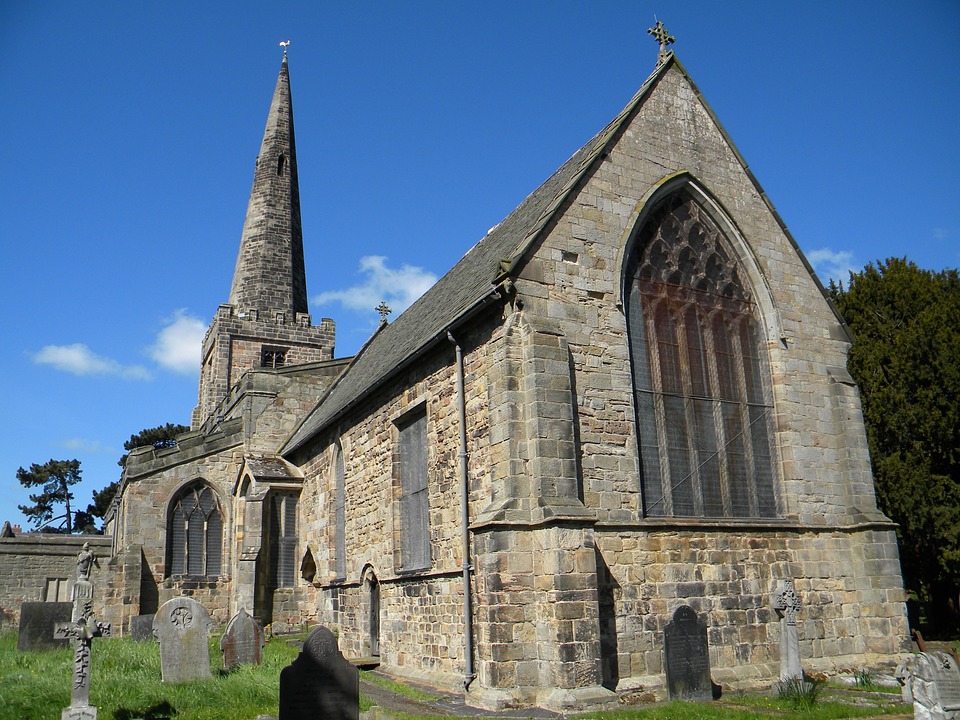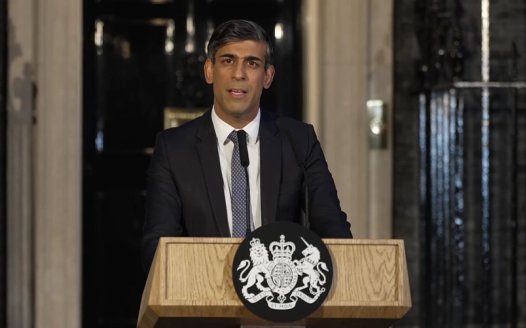CofE received £750m of public money in last five years
Posted: Thu, 4th Nov 2021
Over 750 million pounds of public money has been given to the Church of England over the past five years despite its own investments topping £10bn, new figures reveal.
More than £750 million was received across the Church in the form of grants and tax rebates, despite it holding investments and cash of more than £10 billion.
The figures were released by Second Church Estates Commissioner Andrew Selous in response to a series of written parliamentary questions from Labour MP Kerry McCarthy.
In September Selous, who as the second estates commissioner speaks for the CoE in the House of Commons, called for even greater government financial support for repairs across its 16,000 parish churches.
But these most recent answers have forced the CofE to acknowledge for the first time the sum of money already being provided and how.
Over the last five years the CofE received £468m in Gift Aid, £118m in Listed Place of Worship grants, £102m in National Lottery Heritage funding and more than £50m in Culture Recovery Grants. In total these sums already exceed the amount Selous states is being spent on necessary building repairs.
Alongside the figures for public support, the CofE also for the first time detailed the amount of investments and cash retained by the Church Commissioners, dioceses and cathedrals. Cathedrals held cash and investments of £574m, the dioceses £1.8 billion and the Church Commissioners £7.6 billion.
The Church Commissioners for England is a registered charity which has the fifth largest income of all religious charities, and the largest income of all charities with exclusively religious charitable objects, in England and Wales.
While there is a "significant and growing maintenance deficit" across its parish churches, the CofE is directing significant sums into evangelism. Figures presented to the CofE's General Synod in September revealed £248 million was given out between 2017 and 2020 as part of the church's "renewal and reform" programme to attract new worshippers and found new congregations – something which has "not so far" succeeded, according to the Archbishop of Canterbury.
The NSS has said any further state handouts must be carefully scrutinised and fully justified to the taxpayer.
NSS chief executive Stephen Evans said:
"Taxpayers shouldn't be further burdened with propping up an ailing yet wealthy religious institution.
"Whilst the state can play a funding role in the conservation of heritage buildings, any such support should be based on need, especially in times of financial stringency.
"Significant sums of public money have been paid to a privileged institution that pleads poverty while spending millions on unsuccessful projects to recruit more members and evangelise to disinterested young people. State support is therefore indirectly subsidising Anglican evangelism.
"No other religious institution is in such a privileged position to demand public support for its infrastructure. Any further state handouts must be carefully scrutinised and fully justified to the taxpayer."
Notes on recent evangelism projects:
The 2020 financial report said it awarded £24.4 million to "strategic development funding" projects targeting "younger generations" and "deprived communities". This included:
- £4.6m to "develop mission to the 'missing generation of 11–29-year-olds" in Liverpool by creating a network to "undertake evangelistic activities in schools and city universities" and "investing in a School of Discipleship to form young leaders".
- £3m to "renew mission" in Newham which has "very low church attendance levels".
- £2m to deliver "church planting and revitalisation" in areas where "church attendance is low" and "develop fresh expressions of church" in Oxford.
- £1.4m to "make new disciples and create new worshipping communities" in York by training parishes and lay people to "become effective in community evangelism and to equip lay pioneers to plant new worshipping communities".
- £1.06m to establish two new church planting churches to "grow and nurture new disciples especially among younger families, children, youth and younger adults" in Newark.
Fifteen dioceses have been awarded £3.8m "capacity funding" which largely supports the employment of project staff to oversee "strategic development funding" projects.
The Commissioners have also given £5.7m "strategic transformation funding" to Sheffield Diocese to support the diocese's plans including "significantly increased engagement with young people".
Additionally, an undisclosed sum was provided to refurbish bishops' housing in Hereford and Chester.
Image: Peter-Lomas, Pixabay
What the NSS stands for
The Secular Charter outlines 10 principles that guide us as we campaign for a secular democracy which safeguards all citizens' rights to freedom of and from religion.








